Age 5
What to buy role-play toy
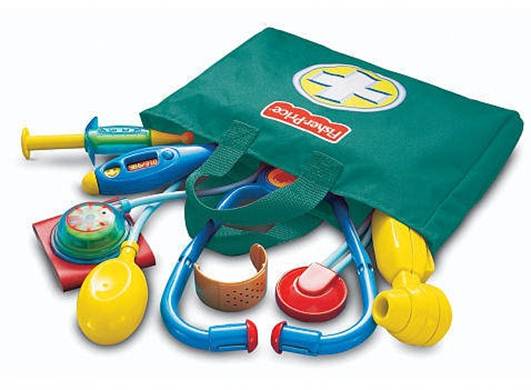
Group
role-play has the further effect of encouraging him to listen to others, share
and take turns.
Your child now has a vocabulary of about
2,000 words, loves telling long tales, and can identify the difference between
fact and fiction, says Shan Shan. This means role-play is extremely enjoyable
to him. According to Fiona, it’s great way to stimulate his imagination and
build language and problem-solving skills, too. Group role-play has the further
effect of encouraging him to listen to others, share and take turns.
Don’t even try to avoid aggressive play
because boys will be boys, says Fiona. “Give a boy a stick and he will turn it
into a gun! Instead, participate in their play and suggest alternative
solutions to everyone getting killed.”
Age 6
What to buy crafts
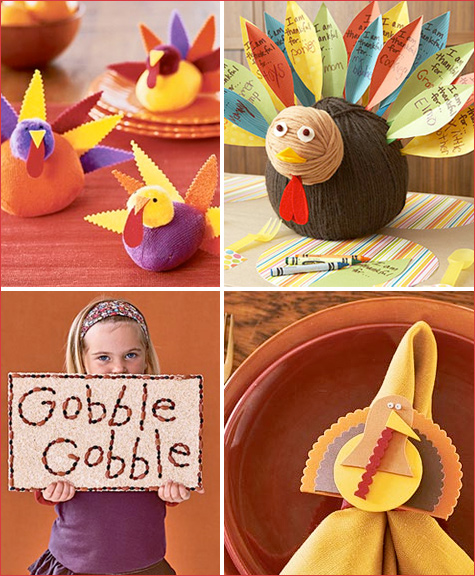
Your
six-year-old already has a sophisticated awareness of creativity and
aesthetics, Fiona explains.
Your six-year-old already has a
sophisticated awareness of creativity and aesthetics, Fiona explains. Most will
enjoy making models and creating their own versions of small toys or gadgets.
They are also developing fine motor skills at this age, so craft toys that
involve cutting, tracing and folding are beneficial. The accuracy and detail
work that these toys require train patience, concentration and problem-solving,
too.
Age 7
What to buy board game
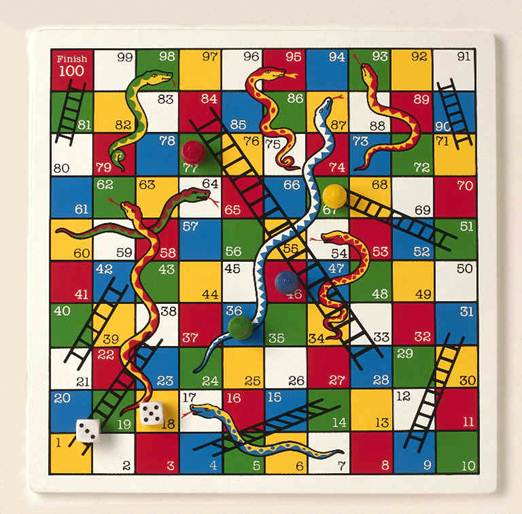
Their
love of rules means that board games are interesting to them.
“It’s at this age that the war cry of
‘that’s not fair’ may ring through your home more than you like,” says Fiona.
Seven-year-olds like to understand clear rules – and want them be adhered to.
It’s very important to them that games, sharing and turn-taking in any
situation is fair. Their love of rules means that board games are interesting
to them. There’s also always a winner and a loser in such games. It’s fact that
can be applied to life, which your child is old enough to understand at this
age.
Age 8
What to but lego
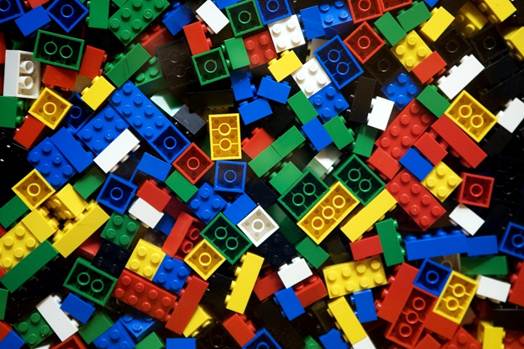
Lego,
an open-ended construction toy, appeals to him.
Your eight-year-old demonstrates good understanding
of numbers, shapes and dimensions. So, naturally, Lego, an open-ended
construction toy, appeals to him. It enables him to think, imagine, create,
design and extend language. Fiona assures that themed sets don’t limit your
child’s imagination. Instead, they develop different skills in him, such as
reading and following instructions. Plus, he always has the freedom to create
his own play or drama with them.
Age 9
What to buy science kit
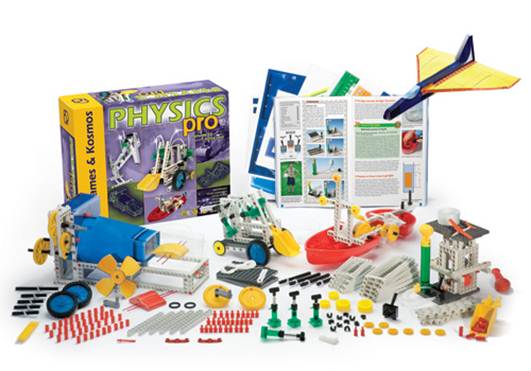
“Science
kits give them opportunities and tools to further explore a certain area, and
with clear instructions on how to go about it.”
Children of this age are very interested in
the environment around them and often love doing research in their areas of
interest. “Science kits give them opportunities and tools to further explore a
certain area, and with clear instructions on how to go about it,” says Fiona.
However, Shan Shan warns that some kits could over-simplify scientific
concepts. Others have several loose, small parts that are easily lost, which
will make the entire kit ineffective. So you may not want to spend too much on
these toys.